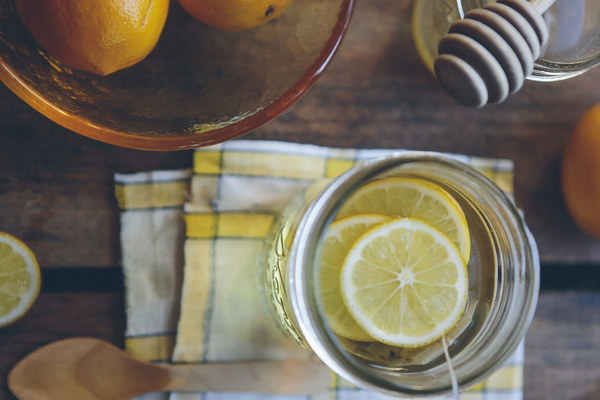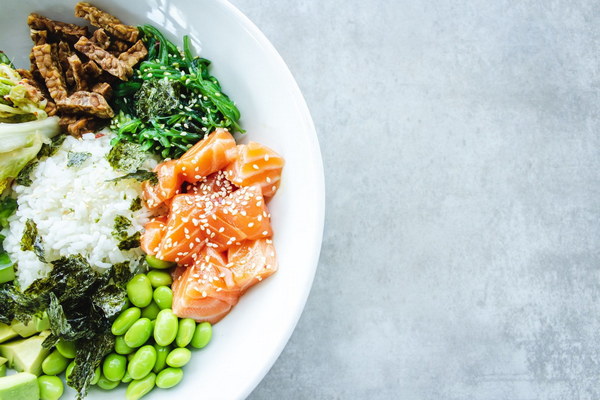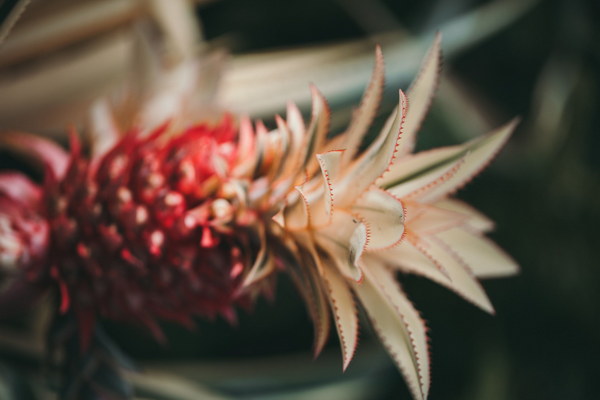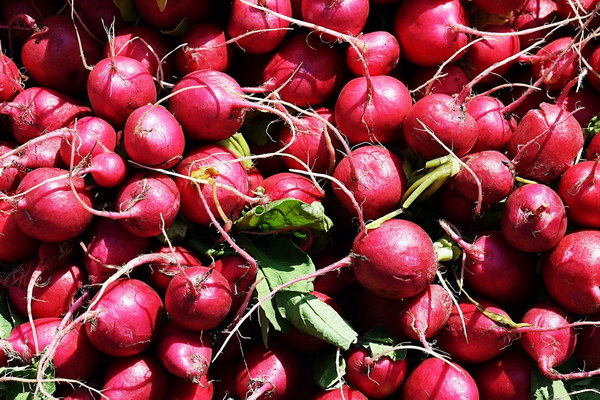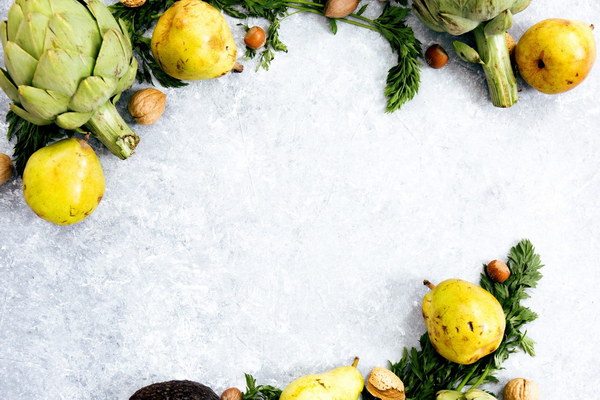Harmonizing Body and Mind A Guide to Traditional Chinese Herbs for Kidney Heart and Liver Health
In the realm of traditional Chinese medicine (TCM), the concept of balancing the body's internal systems is paramount. Among these systems, the kidneys, heart, and liver are considered vital organs that play crucial roles in maintaining overall health and well-being. This article delves into the world of TCM, exploring the use of specific herbs that are renowned for their ability to nourish and balance these key organs.
The Kidney: The Essence of Vitality
The kidneys are often referred to as the root of life in TCM, as they are believed to house the jing, or essence, which is the fundamental substance that supports growth, development, and reproduction. Herbs that are traditionally used to nourish the kidneys include:
1. He Shou Wu: Also known as the black hair vine, this herb is said to nourish the kidneys, promote hair growth, and improve vitality. It is often used in formulas for weakness, fatigue, and premature aging.
2. Goji Berries: Renowned for their adaptogenic properties, goji berries are believed to enhance kidney function and boost the immune system. They are commonly consumed as a tea or in dried form.
3. Cordyceps: This rare mushroom-like herb is considered a potent kidney tonic, known for its ability to improve energy levels, enhance sexual function, and support respiratory health.
The Heart: The Emperor of the Body
The heart, in TCM, is not only the pump of blood but also the seat of the spirit and emotions. Herbs that are used to nourish and balance the heart include:
1. Suan Zao Ren: Also known as sour jujube seeds, this herb is used to calm the mind, relieve anxiety, and nourish the heart. It is often recommended for those suffering from insomnia or irritability.
2. Longan: Similar to goji berries, longan is believed to nourish the heart and improve memory. It is often consumed as a tea or in dried form.
3. Schisandra: Known as five flavor berry, this herb is used to tonify the heart, improve concentration, and reduce stress. It is considered a versatile herb that can address a variety of heart and emotional issues.
The Liver: The Governor of the Body
The liver is responsible for the smooth flow of Qi (vital energy) and blood in the body. Herbs that support liver health include:
1. Bai Zi Ren: This herb is used to calm the liver, relieve anxiety, and improve sleep. It is often used in conjunction with other calming herbs.
2. Chuan Xiong: Also known as tongue twister, this herb is used to move blood and Qi, making it beneficial for conditions such as menstrual cramps and headache.

3. Dang Gui: Often referred to as female ginseng, this herb is used to nourish the blood and calm the liver. It is commonly used in women's health formulas to address menstrual irregularities and menopausal symptoms.
Balancing the Triad: A Formula for Wellness
In TCM, the health of the kidneys, heart, and liver are interconnected. A balanced formula may include a combination of the above-mentioned herbs to address imbalances in all three organs. For example, a formula like Kidney and Heart Nourishing Formula might include He Shou Wu, Suan Zao Ren, and Goji Berries to support kidney and heart health.
It is important to note that while these herbs have been used traditionally to support kidney, heart, and liver health, they are not a substitute for professional medical advice. If you are considering using any herbal remedies, it is best to consult with a qualified TCM practitioner or healthcare provider to ensure they are appropriate for your specific health needs and conditions.
In conclusion, the use of traditional Chinese herbs for kidney, heart, and liver health is a testament to the holistic approach of TCM. By addressing the root causes of imbalances in these vital organs, TCM offers a path to holistic wellness that can enhance the quality of life for individuals seeking a natural and balanced approach to health.
